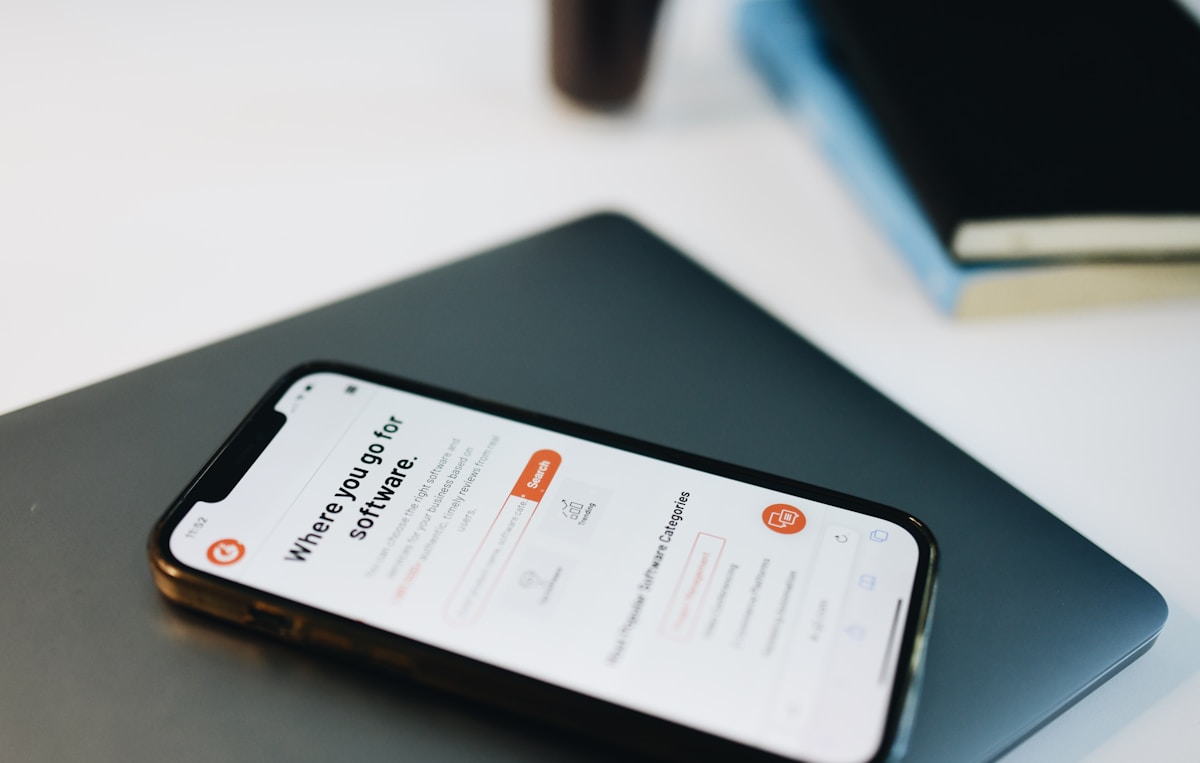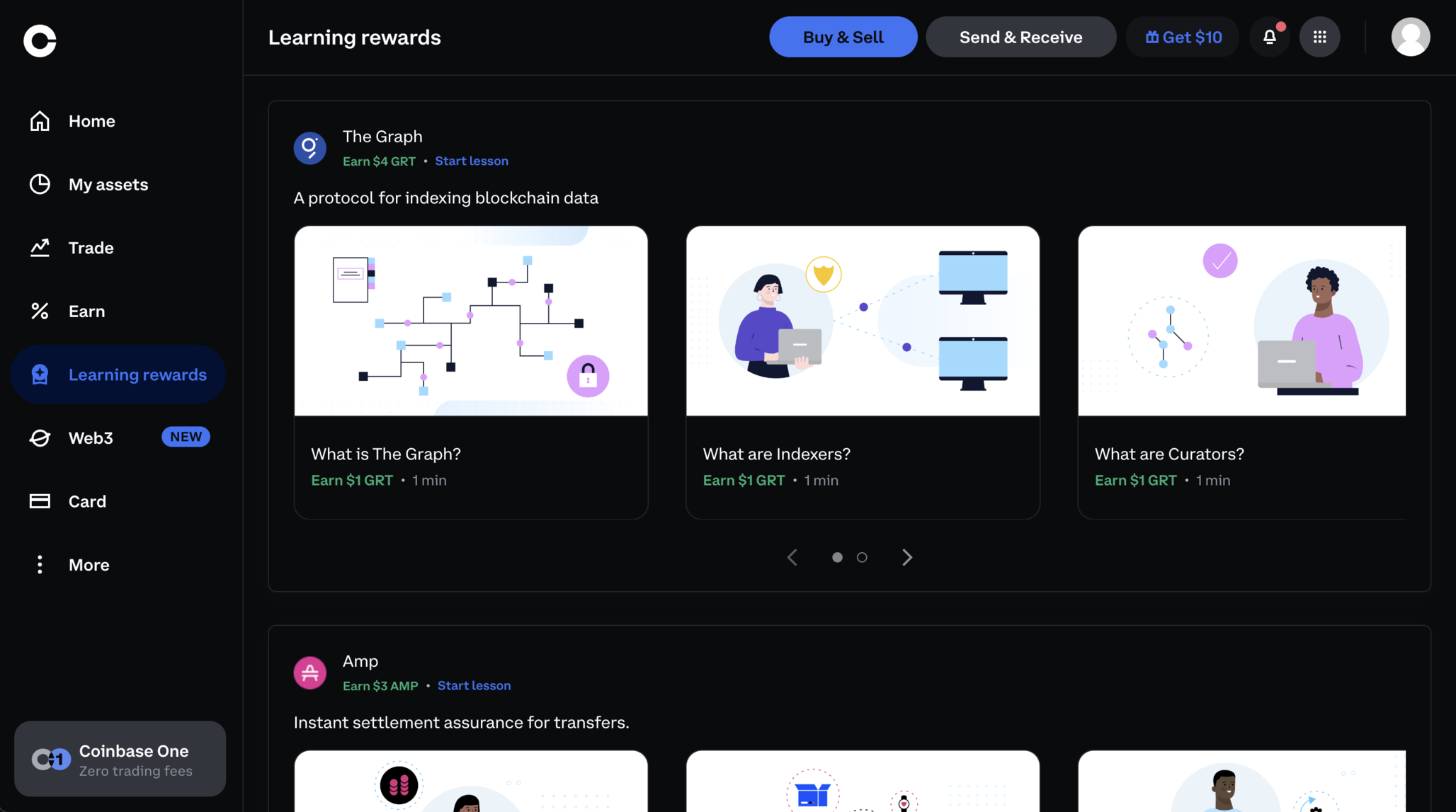Positive customer testimonials are marketing gold. They provide social proof, build trust with potential customers, and can significantly boost your conversion rates. But how do you actually go about asking for testimonials in a way that's both effective and comfortable for everyone involved?
This comprehensive guide will walk you through everything you need to know about requesting customer testimonials - from timing your ask perfectly to crafting compelling email templates. We'll also cover best practices for leveraging testimonials across your marketing efforts. Let's dive in!
Table of Contents
- Why Customer Testimonials Matter
- When to Ask for Testimonials
- How to Ask for Testimonials
- Best Practices for Testimonial Requests
- What to Include in Your Testimonial Request
- Incentivizing Testimonials (Ethically)
- Following Up on Testimonial Requests
- Different Types of Testimonials
- How to Use Customer Testimonials
- Legal Considerations
- Measuring the Impact of Testimonials
Why Customer Testimonials Matter
Before we get into the how-to, let's quickly recap why testimonials are so valuable:
- Build Trust: Prospective customers are more likely to trust the words of their peers than your marketing claims.
- Provide Social Proof: Testimonials show that others have had success with your product or service.
- Overcome Objections: Well-chosen testimonials can address common customer concerns.
- Improve SEO: User-generated content like testimonials can boost your search engine rankings.
- Increase Conversions: Studies show that testimonials can significantly lift conversion rates.
When to Ask for Testimonials
Timing is crucial when requesting testimonials. Here are some ideal moments to make your ask:
After a Successful Project Completion: When you've just delivered great results, your client's satisfaction is at its peak.
Following a Positive Interaction: If a customer reaches out with praise or thanks, that's your cue to request a formal testimonial.
At Key Milestones: For ongoing services, consider asking after the customer has achieved a significant goal or reached an important milestone.
During Regular Check-ins: If you have scheduled customer success calls, these can be great opportunities to request feedback.
At the End of a Contract or Subscription Period: As long as the experience has been positive, this can be an excellent time to gather feedback.
After Receiving Positive Survey Responses: If you conduct customer satisfaction surveys, follow up with high scorers for more detailed testimonials.
Remember, the key is to strike while the iron is hot - when your customer's positive experience is fresh in their mind.
How to Ask for Testimonials
Now that we've covered the "when", let's dive into the "how". There are several effective methods for requesting testimonials:
Email Templates
Email is often the most convenient way to request testimonials. Here are two proven templates you can customize:
Template 1: The Simple Ask
Subject: Quick favor? Your feedback would mean a lot
Hi [Customer Name],
I hope this email finds you well. We've really enjoyed working with [Company Name] and are thrilled with the results we've achieved together.
I have a quick favor to ask - would you be willing to provide a brief testimonial about your experience working with us? Your feedback would be incredibly valuable in helping other companies understand the benefits of our [product/service].
It doesn't need to be long - just a few sentences about your experience and results would be perfect. If you're willing, you can simply reply to this email with your testimonial.
Thank you so much for considering this request. Your support means a lot to our team.
Best regards,
[Your Name]
Template 2: The Guided Approach
Subject: Share your success story?
Hello [Customer Name],
I hope you're having a great week. I'm reaching out because we're currently collecting customer success stories, and given the fantastic results you've achieved with [Product/Service], we'd love to feature your experience.
Would you be willing to provide a brief testimonial? To make this as easy as possible, here are a few prompts you could consider:
1. What specific challenge or goal led you to choose our [product/service]?
2. How has using our [product/service] impacted your business?
3. What specific results or improvements have you seen?
4. What has your experience been like working with our team?
Feel free to address any or all of these points, or simply share your thoughts in your own words. A few sentences would be great, but we're grateful for any feedback you're willing to provide.
You can simply reply to this email with your testimonial. If you'd prefer, we'd also be happy to schedule a quick call to capture your feedback verbally.
Thank you in advance for considering this request. Your insights would be incredibly valuable in helping other businesses understand the benefits of our [product/service].
Best regards,
[Your Name]
P.S. As a token of our appreciation, we'd be happy to send you [incentive, e.g., a $25 gift card] for taking the time to share your feedback.
In-Person Requests
If you frequently interact with clients face-to-face, you can also request testimonials in person. Here's a script you might use:
"[Client Name], I'm so glad to hear that you're pleased with the results we've achieved together. We're always looking for ways to show potential clients the value of our [product/service]. Would you be willing to provide a brief testimonial about your experience working with us? It would really help us reach more businesses like yours."
If they agree, you can either:
- Provide them with a simple form to fill out on the spot
- Schedule a time to record a video testimonial
- Follow up via email with more detailed instructions
Automated Requests
For businesses with a large customer base, automated testimonial requests can be highly effective. You might:
- Set up an email sequence triggered by certain customer actions or milestones
- Include a testimonial request in your regular customer feedback surveys
- Use in-app prompts to request feedback at key moments in the user journey
Remember, even with automation, it's important to maintain a personal touch. Use merge fields to customize the request with the customer's name and specific details about their experience.
Best Practices for Testimonial Requests
To maximize your chances of getting great testimonials, follow these best practices:
Be Specific: Instead of asking for general feedback, request testimonials about specific aspects of your product or service.
Make It Easy: Provide clear instructions and make the process as simple as possible for your customers.
Offer Options: Some clients may prefer to write a testimonial, while others might be more comfortable with a quick phone call or video chat.
Provide Examples: Share sample testimonials to give customers an idea of what you're looking for.
Be Timely: Ask for testimonials when the positive experience is fresh in the customer's mind.
Personalize Your Request: Reference specific projects or achievements in your request.
Follow Up: If you don't hear back, send a gentle reminder after a week or two.
Show Gratitude: Always thank customers for their time and feedback, regardless of whether they provide a testimonial.
Offer Value: Consider offering something in return, like a discount on future services or exclusive content.
Respect Privacy: Always get permission before using a customer's name or company in a public testimonial.
What to Include in Your Testimonial Request
When asking for a testimonial, be sure to include:
- A Clear Ask: State upfront that you're requesting a testimonial.
- The Purpose: Explain how you'll use the testimonial and why it's valuable.
- Guidelines: Provide direction on length, format, and key points to address.
- Deadline: If applicable, mention when you need the testimonial by.
- Submission Instructions: Clearly explain how they should provide the testimonial.
- Examples: If possible, include links to existing testimonials for reference.
- Incentive: If you're offering one, clearly explain what it is and how to claim it.
Incentivizing Testimonials (Ethically)
Offering incentives for testimonials can increase your response rate, but it's crucial to do this ethically. Here are some guidelines:
- Be Transparent: Always disclose if a testimonial was incentivized.
- Keep Incentives Small: The reward should be a token of appreciation, not payment for positive reviews.
- Offer the Incentive Regardless of Sentiment: Don't only reward positive feedback.
- Consider Non-Monetary Incentives: Things like extended trials or bonus features can be effective.
- Follow FTC Guidelines: In the US, the Federal Trade Commission has specific rules about disclosing incentivized endorsements.
Here are some ethical incentive ideas:
- A small donation to a charity of the customer's choice
- Entry into a monthly prize drawing
- A discount on their next purchase or renewal
- Exclusive access to new features or content
- A branded company swag item
Remember, the goal is to encourage participation, not to buy positive reviews.
Following Up on Testimonial Requests
If you don't receive a response to your initial request, don't be afraid to follow up. Here's a template you can use:
Subject: Re: Quick favor? Your feedback would mean a lot
Hi [Customer Name],
I hope this email finds you well. I wanted to follow up on my previous message about providing a testimonial for [Company Name]. I completely understand if you've been busy, but I wanted to emphasize how valuable your feedback would be for us.
If you have a spare moment, we'd be incredibly grateful if you could share your thoughts on working with us. Even a sentence or two about your experience would be helpful.
Thank you for your time and consideration. If you have any questions or if there's anything I can do to make this process easier for you, please don't hesitate to let me know.
Best regards,
[Your Name]
Limit yourself to one or two follow-ups to avoid being pushy. If you still don't get a response, it's best to move on and focus on other potential testimonial sources.
Different Types of Testimonials
While written testimonials are common, there are several other formats you might consider:
Video Testimonials: These can be particularly powerful as they allow potential customers to see and hear directly from your satisfied clients.
Audio Testimonials: Perfect for podcasts or radio ads, these capture the enthusiasm in a customer's voice.
Social Media Shoutouts: Encourage customers to share their experiences on platforms like Twitter or LinkedIn.
Case Studies: For B2B companies, in-depth case studies can serve as extended testimonials.
User-Generated Content: Photos or videos of customers using your product can be a form of visual testimonial.
Ratings and Reviews: While not traditional testimonials, high ratings on review sites can serve a similar function.
When requesting testimonials, consider asking customers which format they'd prefer. Some might be camera-shy but happy to write a glowing review, while others might jump at the chance to record a video testimonial.
How to Use Customer Testimonials
Once you've collected great testimonials, put them to work! Here are some effective ways to leverage them:
Website: Feature testimonials prominently on your homepage, product pages, and a dedicated testimonials page.
Email Marketing: Include relevant testimonials in your email campaigns and newsletters.
Social Media: Share testimonials (with permission) across your social platforms.
Sales Collateral: Incorporate testimonials into your pitch decks, brochures, and other sales materials.
Ads: Use short, impactful testimonials in your digital and print advertisements.
Content Marketing: Weave testimonials into your blog posts, whitepapers, and case studies.
Video Marketing: Create a compilation video of your best customer testimonials.
Press Releases: Include relevant testimonials when announcing new products or company milestones.
Trade Shows: Display testimonials at your booth or in presentation materials.
Proposal Templates: For B2B companies, including testimonials in your proposal templates can help close deals.
Remember to match the testimonial to the context. For example, if you're targeting a specific industry, prioritize testimonials from customers in that sector.
Legal Considerations
When collecting and using testimonials, it's crucial to stay on the right side of the law. Here are some key legal considerations:
Get Written Permission: Always obtain written consent before using a customer's name, image, or words in your marketing materials.
Be Truthful: Never fabricate testimonials or alter them in a way that changes their meaning.
Disclose Material Connections: If there's any financial or personal connection between your company and the person providing the testimonial (including incentives), this must be clearly disclosed.
Respect Privacy: Be careful not to reveal any private or sensitive information about your customers without their explicit permission.
Follow Industry Regulations: Certain industries (like healthcare or finance) have specific rules about using customer testimonials. Make sure you're aware of any regulations that apply to your business.
Keep Records: Maintain records of all permissions and the original, unedited testimonials.
Use Disclaimer: Consider using a disclaimer stating that individual results may vary, especially if the testimonial mentions specific results or outcomes.
It's always a good idea to have your legal team review your testimonial collection and usage practices to ensure compliance with all relevant laws and regulations.
Measuring the Impact of Testimonials
To ensure your testimonial strategy is effective, it's important to measure its impact. Here are some metrics you can track:
Conversion Rate: Compare conversion rates on pages with and without testimonials.
Time on Page: Do visitors spend more time on pages that feature testimonials?
Bounce Rate: Do pages with testimonials have lower bounce rates?
Click-Through Rate: For email or ad campaigns, do those featuring testimonials perform better?
Social Shares: Track how often your testimonials are shared on social media.
Sales Cycle Length: Does featuring testimonials in your sales process shorten the time to close deals?
Customer Acquisition Cost: Does leveraging testimonials help reduce your cost per new customer?
Net Promoter Score: Regularly measure your NPS to see if it improves as you gather and utilize more testimonials.
By consistently monitoring these metrics, you can refine your approach and maximize the impact of your customer testimonials.
Remember, asking for testimonials is an ongoing process. Make it a regular part of your customer interaction strategy, and you'll build a powerful library of social proof that can significantly boost your marketing efforts.
By following the strategies and best practices outlined in this guide, you'll be well-equipped to gather compelling customer testimonials that showcase the true value of your product or service. Happy testimonial hunting!







